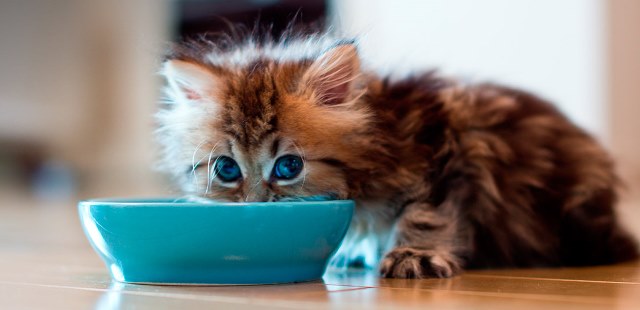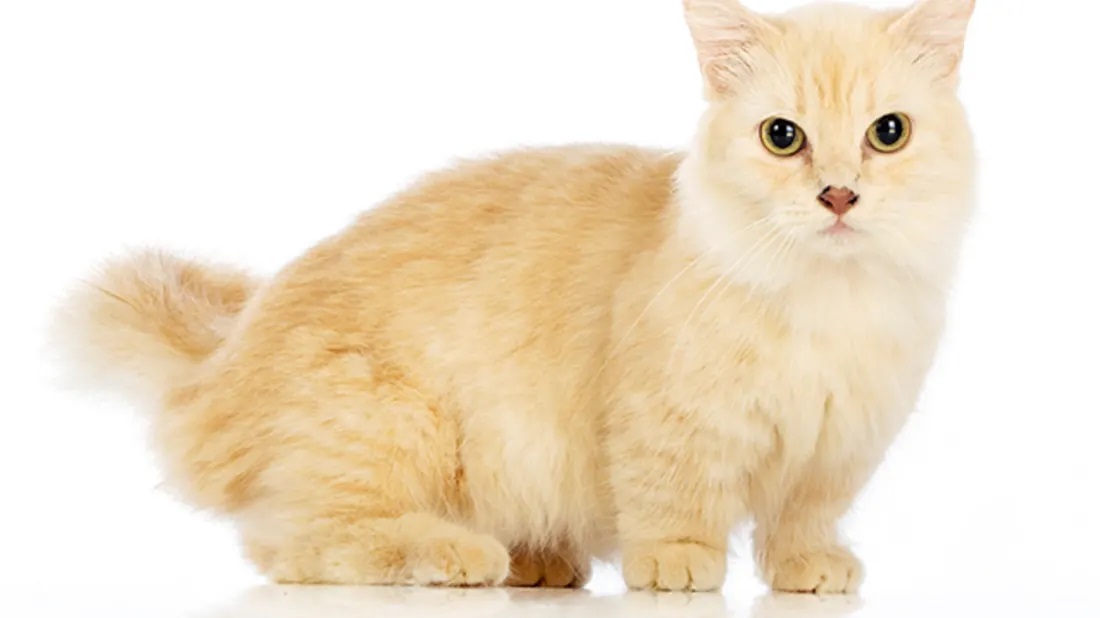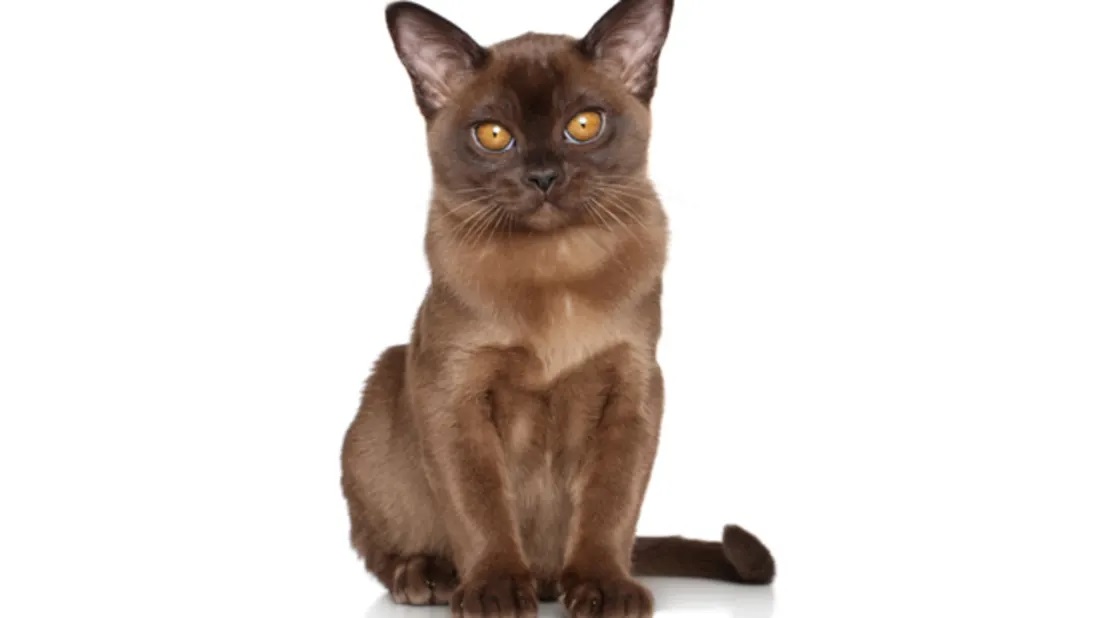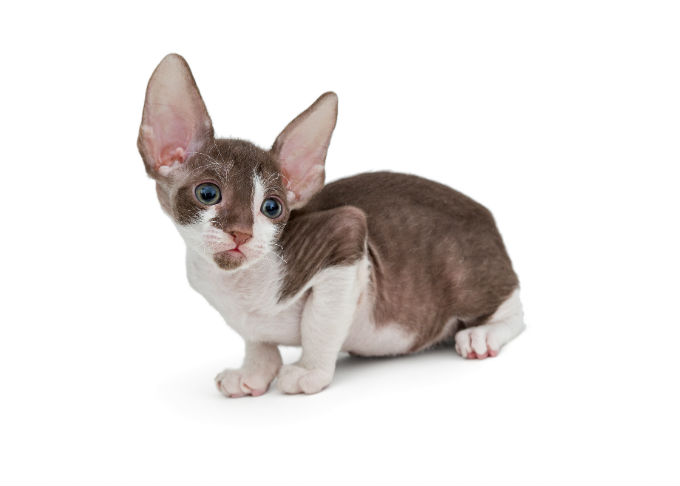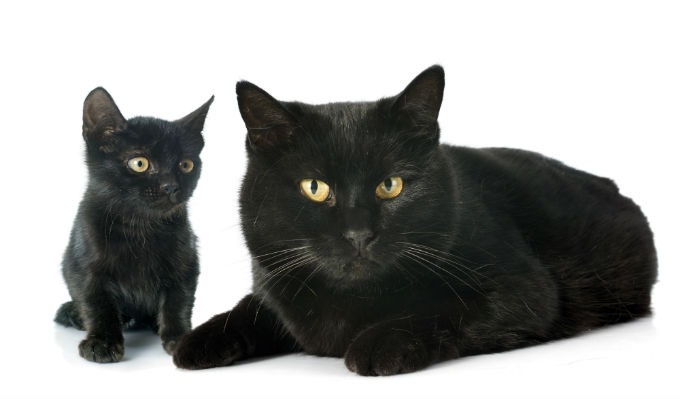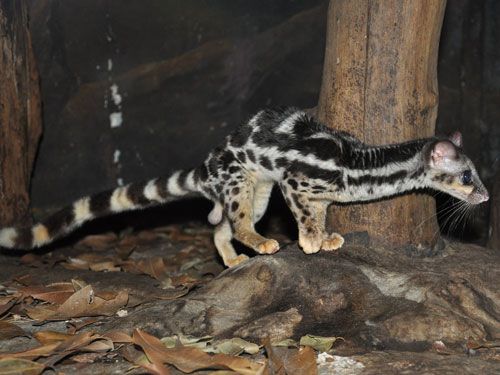Can you eat cats from your own food?
Welcome to another topic of the world of cats I would like to talk about is Can you eat cats from your food?
Sometimes you don’t know what to offer your cat food and what is a rich, nutritious food that contains a range of vitamins that are beneficial for her body building process.It can be difficult to resist pampering your pet cats, especially when it’s your dinner time, where your pets are served. Eating cats, which is a family home food that can be found at the dinner table, but many of our home foods can be unsafe for cats, because we need food requirements that are very different from cats. Harmful to her digestive system .
There is a list of home foods that are not suitable and harmful to your pet cats, as cats should not eat garlic, onions, kelp, grapes, raisins, sugar confectionery, chocolate or any beverage containing caffeine even if small doses, there is also eating cats that are from Home foods are not harmful to cats, but the good rule is that home foods should not make up more than 15% of your cat’s diet.
Vegetables from eating the right domestic cats:
Humans are carnivores and veggies, meaning we can survive with meat and vegetables. Cats are classified as carnivores, meaning they need meat to survive (or at least grow), and cats unlike humans. Of the nutrients of vegetables, however, carbohydrates are not inherently bad for cats. Instead, cats are only able to derive more energy from their protein and use it more efficiently.
If you have noticed that cats tend to eat vegetables you should keep them away from houseplants, because they can be poisonous.Some recommended vegetables include baked carrots, steamed asparagus or broccoli, green beans, winter squash, or chopped vegetables. Completely vegetable and avoid anything that may be indigestible, such as uncooked carrots.
Cheese from eating the appropriate domestic cats:
Many cats love cheese, which is a good source of protein for them.Although some cats are able to eat cheese without any problem, you will find that dairy products often pose a risk to some cats, because many adult cats cannot tolerate lactose, Therefore, any cheese, milk or other dairy products will cause diarrhea in cats.
If you are interested in feeding cats dairy products, give them a very small amount at first to see how the digestive system deals with them.Cats may be able to safely handle small portions of home cheese, or even yogurt and cream, you can also try giving cats a little lactose cheese Or milk.
Fish from eating appropriate domestic cats:
Most cats love to eat fish, which can provide them with some of the nutrients that are most needed. However, these elements can be found in many commercial cats, and there are some concerns with giving cats a lot of fish, as high levels of acids Polyunsaturated fat in tuna, for example, reduces the supply of cats with vitamin E, and you should also be aware that carnivores such as tuna, salmon and swordfish are likely to contain higher levels of mercury than cod, halibut, and flinders.
Eggs from eating the appropriate domestic cats:
Eggs are very important for humans and cats because they are rich in protein, and cats in the wild sometimes attack bird nests in order to obtain eggs.Veterinarians agree that cooked eggs, such as scrambled or boiled, are served as excellent and nutritious food for cats.
There are some doctors who prefer to give cats raw or raw eggs, such as cats in the wild, which provides cats with nutritional benefits, but there is a serious thing is Salmonella and Escherichia coli that can infect cats, and you do not just want not to get cats with these diseases but also do not want to bring These organisms to your house.
Meat from eating appropriate domestic cats:
Because cats are carnivorous animals, animal meat is one of the safe human foods for cats, so we place it first on the list of domestic cats eating, cooked poultry is probably the best choice, and uncooked meat brings with it the same safety concerns as uncooked fish or Raw eggs, however, as with fish eggs, you’ll find a few veterinarians who prefer raw meat for nutritional value.


